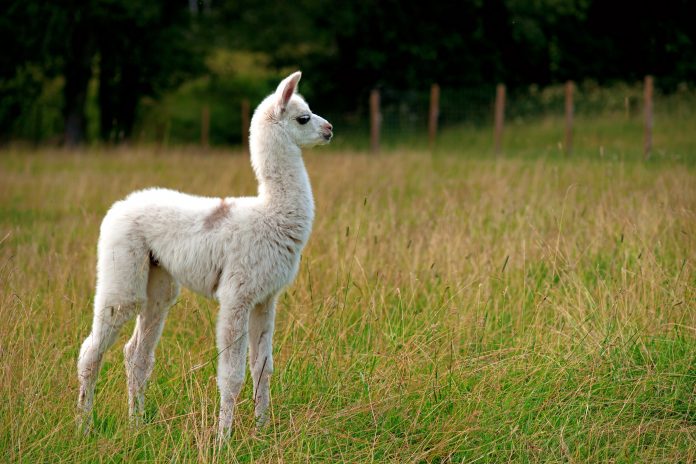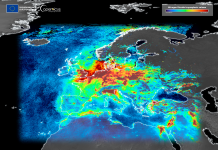The study, published in Nature Communications, looks at how llama nanobodies can disarm and stop COVID-19 – creating a new type of future vaccination
The study, by University of Pittsburgh School of Medicine, was first announced in March, 2021.
Scientists believe that llama nanobodies could be used as a future vaccination against COVID-19, but also other variants that have not yet emerged. As the world continues to attempt mass vaccination, many countries in the Global South lag behind due to a lack of vaccine access. This means that more deaths and variants are expected to arise.
Firstly, what are llama nanobodies?
These special llama antibodies, called “nanobodies,” are much smaller than human antibodies and many times more effective at neutralising COVID-19. They’re also much more stable, in comparison to human antibodies which are highly unpredictable.
The near-atomic-level structural analysis provides guidance for the development of future vaccines and therapeutics that may work against a wide variety of coronaviruses—including variants not yet in circulation.
This could be ‘how to design future therapeutics’
“This is the first time anyone has systematically classified ultrapotent nanobodies based on their structure,” said senior author Dr Yi Shi, assistant professor of cell biology at Pitt.
“By doing this, we’ve not only provided details on the mechanisms our nanobodies use to defeat SARS-CoV-2, but also revealed directions for how to design future therapeutics.”
In this study, the team describe three different mechanisms by which the nanobodies disarm the virus, blocking it from infecting cells and causing COVID-19.
Nanobodies could even be used in cancer research
“Cryoelectron microscopy has been demonstrated many times to be an extremely useful tool to see high-resolution structural information,” said co-senior author Dr Wei Huang, research scientist in the Department of Pharmacology at the Case Western Reserve School of Medicine.
“And nanobodies are versatile and stable biologics that can be used in other research, such as cancer.”











